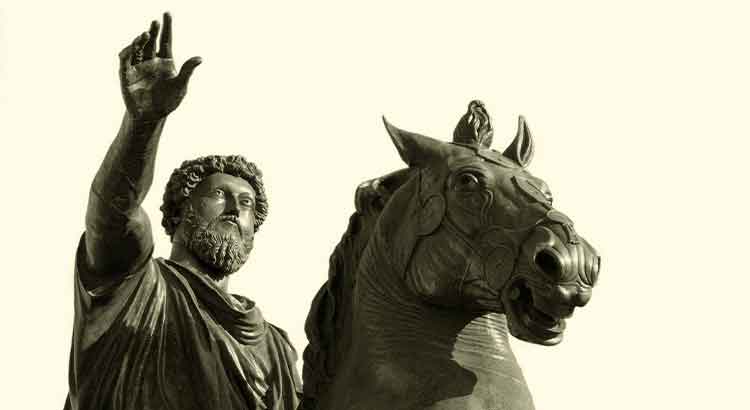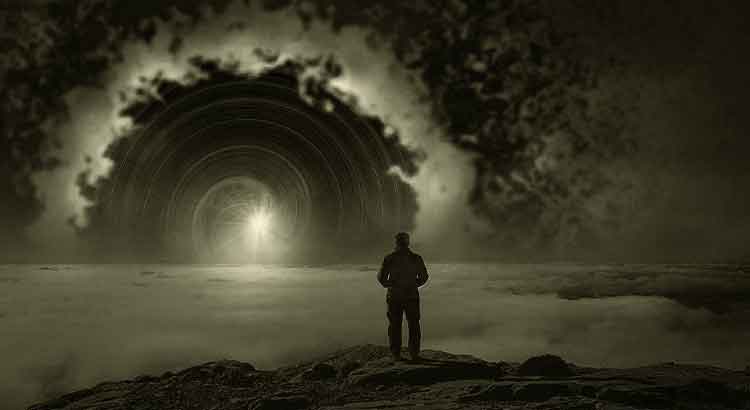From the moment businessmen, that is, men of money, that is, men who dedicate their lives to grow financially, expand businesses, conquer markets and all the rest, from the moment these men make speeches quoting Marcus Aurelius and Seneca or, as they say, the “stoics,” then the best thing is to burn all the books at once, because they are useless and teach nothing. Marketing is perhaps the most odious of sciences because it has no scruples, because it appropriates everything that appears useful in order to sell. In a good dictionary, it would be described as the art of lying. To see conceptual aberrations such as “stoicism applied to emotional intelligence” is something that could lead to indignation or despair. It does not, however, as long as the world is seen for what it is: a ridiculous and infamous circus.
Tag: philosophy
The Horror of Life Is the Awareness of It
The horror of life is the awareness of it. It is predicting and getting it right. It is the feeling according to the expected. Seeing everything happening, with eyes open. Noticing the predictability of things, the infamous futility of the effort, the mediocrity of how much can be achieved. It is living and not simply going on living, because of an irreversible impossibility. To realize that consciousness, once awake, will never sleep again. To be incapable of the blinkered vision that characterizes ordinary people, the healthy lack of perception—in short, the passive acceptance of reality.
Incompatibilities Between Superior Minds
It is curious to note some incompatibilities between superior minds. There seems to be an obscure element that, in some cases, forces their repulsion. I say this thinking of Pessoa and Nietzsche, or rather, of Pessoa towards Nietzsche. The Portuguese referred to the German as a mad ascetic admirer of force and domination. In other notes, the mention of Nietzsche is almost always loaded with a pejorative tone. The curious thing is this: as artists, there is much in common between the two. In the short essay entitled Apontamentos para uma Estética não Aristotélica (Notes on a Non-Aristotelian Aesthetic), Pessoa defends an aesthetic based on force, an aesthetic where the supreme degree of expression is reached through maximum power, an aesthetic in which the artist “forces others, whether they like it or not, to feel what he felt, that dominates them through inexplicable force, as the strongest athlete dominates the weakest, as the spontaneous dictator subdues the whole people (because he is the whole synthesized and therefore stronger than the whole summed up), as the founder of religions dogmatically and absurdly converts the souls of others into the substance of a doctrine which, at the bottom, is nothing but himself”. Nietzsche, a symbol of the power of expression, the progenitor of a work where exclamations leap out of the leaves like rockets, said that “the greatness of an artist is measured according to the intensity employed to achieve the great style.” It is a nice summary of Pessoa’s aesthetic theory. But still, incompatible…
By Reasoning One Does Not Reach Truth of Any Kind
If we understand the reach of truth as the revelation of a mystery, we will have to conclude that by reasoning one does not reach truth of any kind. Mystery is what escapes human understanding, therefore one does not reason before the Mystery. One prays before it, one begs for superior help, because the admission of its existence is the confession of the rational failure in the attempt to apprehend it.



